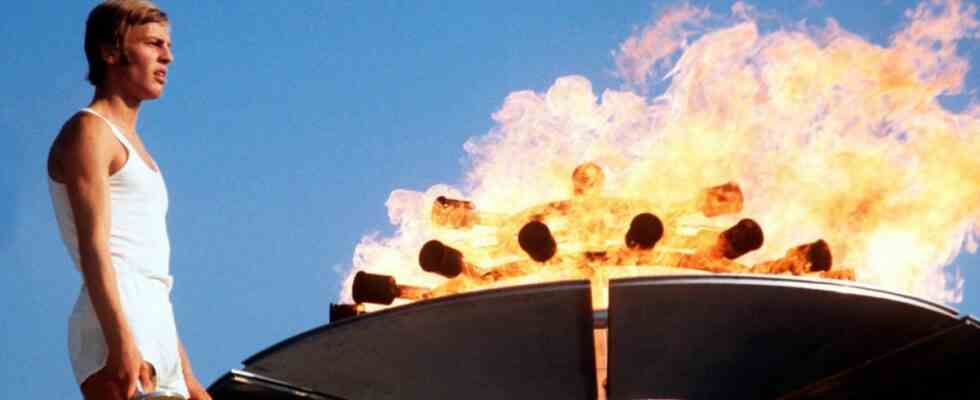According to ARD, 2,000 US dollars were paid to one of the Olympic assassins who took part in the attack on the Israeli team at the Munich Games in 1972. Gunnar Dedio, the executive producer of the four-part documentary series ARD documentary “Death and Games” about the attacks on the Israeli team at the Olympic Games, the SZ confirmed the payment to Mohammed Safady, about which the Focus had reported.
The documentary series, which will be broadcast at the end of September, is a production by Looksfilm in co-production with the public broadcasters RBB, SWR and BR for ARD in cooperation with France Télévisions and VPRO. According to ARD, the joint leadership lay with RBB and SWR. Dedio speaks of a whole range of broadcasters and emphasizes that “the participation of RBB, SWR and BR together is a minority”.
The ARD had emphasized in the press release that the condition for the ARD broadcasters involved was that no interview fees were paid to the two surviving attackers of the 1972 Olympic Games – a journalistic matter of course. She pointed out “that the producer Gunnar Dedio had assured us several times – also in writing – that no fees were paid for the interviews with the Palestinian hostage-takers.”
According to Gunnar Dedio, the interviews with the surviving hostage-takers from the 1972 Olympic Games for the ARD broadcasters involved in the production were subject to the condition that no interview fees were paid to the assassins. “I have repeatedly guaranteed this to the above-mentioned broadcasters – verbally and in writing,” explains Dedio. According to Dedio, the payment came months after the recordings were made. Looksfilm paid one of the assassins “the limited exclusivity of the rights of use – both for the interview and for the documents and photos provided – with a payment of USD 2,000”.
Dedio stated that the reason for this was that an international broadcasting platform “which is not involved in our series” had published a press release “that it would present exclusive contemporary witnesses in its production about the Olympic assassination”. He then decided to secure “the results achieved” with a temporary exclusivity agreement with one of the hostage-takers for a payment of USD 2,000.
“That turned out to be a mistake,” writes Gunnar Dedio and admits: “The editors of the ARD broadcasters involved in the production knew nothing about this payment. I’m very sorry. I should have agreed with them – also on that Danger that they would not have agreed to a subsequent exclusivity.”
In his statement, the producer regrets that “this payment should have hurt the feelings of the victims’ relatives”. After all, it is precisely the perspective of the victims and the victims’ relatives that is the focus of the documentary and rightly takes up the most space in the production.

